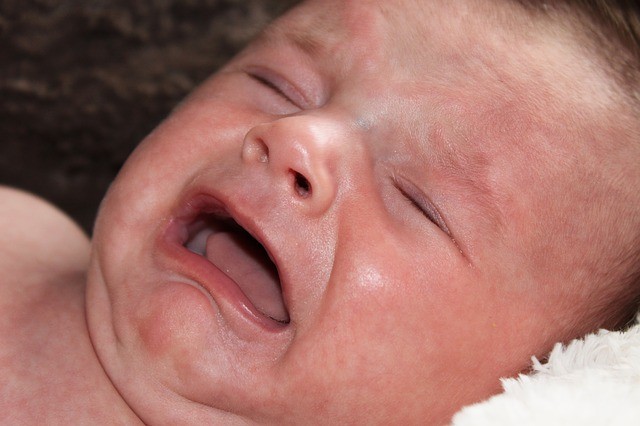Parents of Newborns Warned of Highly Contagious Parechovirus
Queensland parents and doctors have been put on high alert for the highly contagious and potentially deadly Parechovirus after 55 cases in the state this year, and 172 reported cases in 2015. It is reported that 90% of cases have been amongst children younger than three months old.
Parechovirus was only recently recognised in 2014 when a test for it was developed. According to government website Better Health, the virus is closely related to enteroviruses which cause illnesses such as diarrhoea, common colds, and hand, foot and mouth disease.
Symptoms of Parechovirus
Symptoms of Parechovirus in newborns and young children can include
- a high temperature (fever_
- irritability
- lethargy
- loss of appetite
- a rash
- laboured/fast breathing
- diarrhoea or loose stools
Whilst it is possible for adults to have the Parechovirus and experience no symptoms at all, there is the potential for newborns to become unwell very quickly and require monitoring in hospital. Complications of the virus are apparently rare, but can affect the lining of the brain leading to seizures and muscle jerks.
The gastrointestinal and respiratory infection Parechoirus initially broke out in Brisbane in September, with more reported cases in the Gold Coast, Toowoomba, Mackay, Townsville and Bundaberg areas of Queensland.
Prevention of Parechovirus
There is currently no specific treatment for Parechovirus or a vaccine to protect against it.
Good personal hygiene habits are thought to be essential to prevent the spread of the virus, such as
- washing hands with soap and water after eating/wiping noses/going to the toilet/changing nappies etc
- washing/cleaning any soiled clothing/surfaces/toys that may have been contaminated
- not sharing cutlery or drinking utensils with others
In addition to this anyone who in experiencing cold or flue like symptoms, or a gastro illness is advised to stay away from small babies. For those who are caring for small babies experiencing these symptoms it is advised that you should wash your hands with soap or an alcohol based anti-bacterial hand sanitiser before touching or feeding the baby.
Disclaimer: This information is intended as information only and should not be used to diagnose any illness. If you suspect that you or someone you know is unwell please consult your local GP or health provider.










